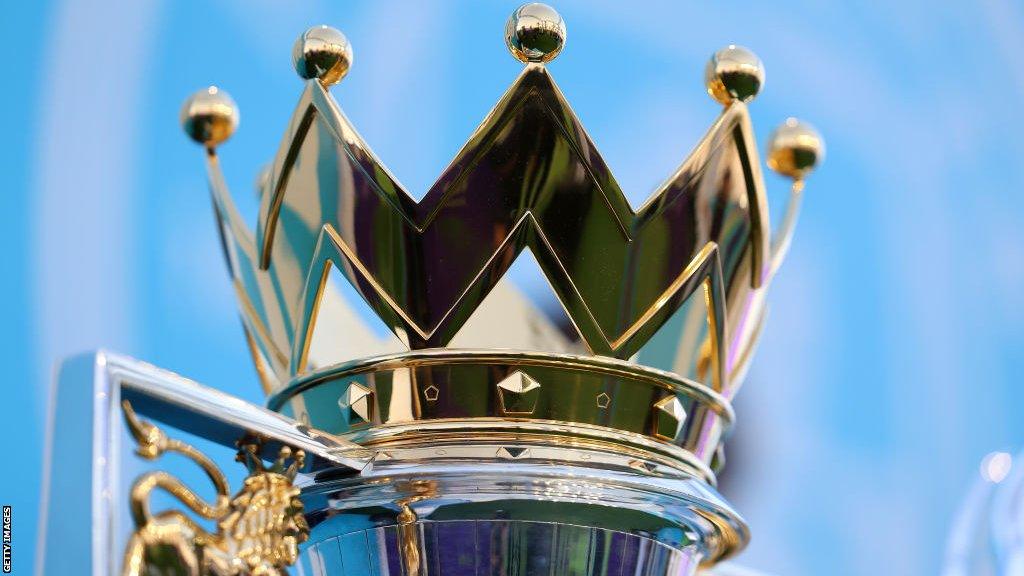Premier League: EFL funding deal could be 'imposed' on clubs
- Published

Some Premier League clubs feel the 'bigger' members of the top flight should pay a greater percentage
Premier League clubs have been warned that if they fail to reach a funding deal with the English Football League it will be imposed on them by the new Football Regulator.
The warning came from Culture Secretary Lucy Frazer, who was speaking at the FT Business of Football Conference.
Top-flight clubs met for two hours to discuss the issue on Thursday and have agreed to meet again on 11 March.
It is still not clear if there will be a vote on EFL funding at that meeting.
Premier League chief executive Richard Masters pulled out of his own speaking engagement at the FT event in order to prioritise Thursday's meeting.
Frazer repeated on a number of occasions that the new regulator, who she insisted will be appointed 'in this Parliamentary session' was chiefly tasked with ensuring financial stability across the game rather than becoming involved in disputes.
But if they fail to reach agreement, she outlined what will happen.
"We don't want this to be an issue for the regulator," said Frazer. "It is clear football should resolve the issues for football.
"It is in the Premier League and EFL's interests to come to a deal but it is clear if they don't the regulator will."
Agreement over how the 'New Deal' should be financed has proved elusive over the past few months.
Some clubs have felt the 'bigger' members of the top flight should pay a greater percentage.
The overall sum, which will be partly tied to future TV revenues, is expected to be around £900m over six years.
There has also been disagreement over financial regulations to be implemented in the Championship.
Regulator to have 'limited powers'
Frazer said the regulator will have 'limited powers', which would not involve having a view on whether nation states are the right bodies to own Premier League clubs.
"All the regulator is doing is looking at financial stability," she said. "That is appropriate. Foreign investment is part of the economy and makes the game competitive.
"The Premier League is a massive cultural export. We don't want to do anything to damage that. Whether a foreign state should own the club is not in this bill. We want people who run clubs to run them well."